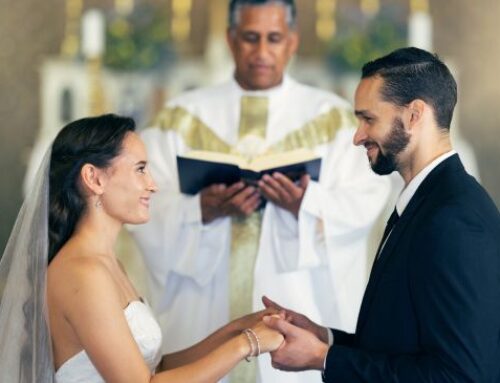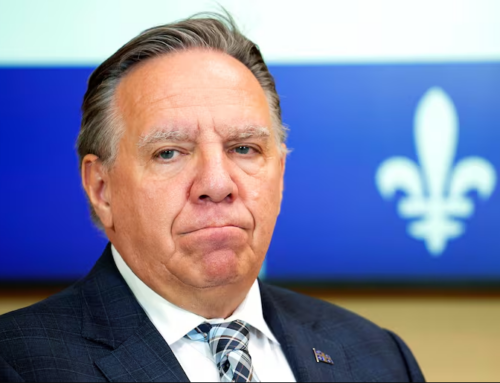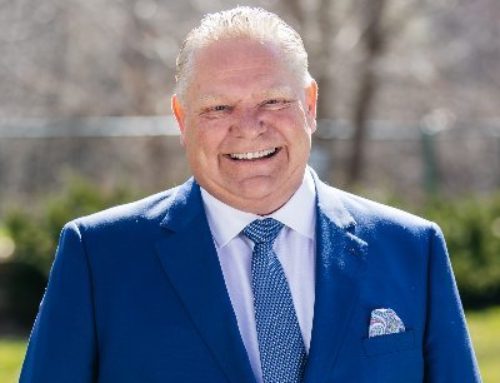
The film The Two Popes stars Anthony Hopkins as Pope Benedict XVI and Jonathan Pryce as Cardinal Jorge Marlo Bergoglio (later Pope Frances).
You don’t expect to see religion being treated with respect or insight in popular media these days. For religious people that attitude might be paranoia, though it’s helpful to recall the old maxim that you might be paranoid, but it doesn’t mean they aren’t out to get you. Glibness aside, religion doesn’t occupy much space in mainstream entertainment, except as set dressing for supernatural horror stories, or as a one-stop shop for villains in historical dramas.
Which is what makes a pair of titles that debuted on Netflix over the Christmas holidays notably: The Two Popes& Messiaharrived with a lot of publicity, and sustained it into the new year when it received two Oscar nominations.
It’s the sort of film that gets Oscar nominations. The Two Popes is basically a dialogue stretched out over several days and locations, between Pope Benedict XVI and his successor, the future Pope Francis, then Cardinal Bergoglio. The two men are at odds over the future of the Catholic Church. But at least they can agree that the Church is at a critical point in its history and convulsed with sexual abuse scandals.
Critics of the Netflix film were quick to point out that it was basically a fantasy. There were never any days-long meetings between the two men before Benedict announced his retirement, and what could be historically verified was either taken out of context or inserted from a completely different point in time.
The definitive debunking of The Two Popes was Irish writer John Waters’ article in First Things, “Two Popes, Too Many Untruths.”
“In its core scenarios, the movie is almost entirely fictional,” Waters writes. “Bergoglio did not in 2012 fly to Italy to meet with Pope Benedict at Castel Gandolfo to ask for permission to retire. The two men did not spend days together getting to know each other. Pope Benedict did not give Cardinal Bergoglio advance knowledge of his intention to resign. He did not tell him that he regarded himself as no longer fit to be pope. He did not reveal that he had decided Bergoglio would be the perfect choice to replace him.”
Screenwriter Anthony McCarten obviously has a lot invested in this imagining of history. He’s written a book and a play about the succession from Benedict to Francis, and this is clearly how he’d like it to be remembered in the popular imagination. It’s hard not to see why; real life is never neat, and dramatic license is considered a venial sin in creative writing, easy to forgive if the results are pleasing.
But critics of The Two Popes are correct in noting that, in building up Francis, McCarten works hard to diminish Benedict. Worst of all, Waters points out, is how the blame for covering up sexual abuse scandals is nailed firmly to Benedict’s papacy, with particular dramatic emphasis put on Marcial Maciel Degollado and the Legion of Christ.
Waters takes pains to explain how Benedict, while still Cardinal Ratzinger, had overseen the process that removed protection from abusers like Degollado. For many laypeople in the Church, this wasn’t sufficient to truly punish the abusers who wrecked lives and sowed doubt in the faithful. And Waters brings up Julio Grassi, a priest convicted of abuse in Argentina, who was protected by Cardinal Bergoglio, with immense gratitude from Grassi.
It’s also necessary for McCarten to distort Benedict’s character, aided by Anthony Hopkins’ decision to play the pope as curt, distant, resentful and dictatorial. For the first half of the film he’s a cartoon Teuton, fussy and punctilious and out of touch with the changing world. The film seems to be doing its best to confirm the real-life clip of a man on the street reacting to the announcement of Ratzinger’s election by the conclave by belligerently calling him a “Nazi.”
This doesn’t resonate with the Benedict that many Catholics fondly remember, or the Pope that many writers who criticized the film claimed to have personally known. I have never seen Benedict or any other Pope in the flesh, but the most important phase of my return to the Church happened during his papacy, with its support of the Traditional Latin Mass that has done so much to tempt lapsed Catholics to relapse, and with encyclicals like Spe Salvi, which so eloquently addressed the sin of despair.
By contrast, Francis’ papacy has brought more confusion than solace, and I personally find it hard to imagine that the reforms Bergoglio pointedly longs for in The Two Popes will refill the pews, as they’ve accomplished exactly the opposite when pressed into effect in mainstream Protestant churches.
Which is why I’ve scratched my head when so many people – friends and family, Catholic, lapsed or “unchurched” – have praised The Two Popesby saying that they learned things about its subjects that they didn’t know. I want to respond by saying that they probably didn’t know them because they weren’t true.
Like Waters, though, I found myself torn by the film – angry at the distortions, but drawn into the last half, with its “imagined engagement of these two men.” The Two Popes acknowledges the power of the papacy, and its potential as a force for good, even if the best outcome it shows us at the end is the two main characters watching Germany beat Argentina in the 2014 World Cup.
Religion – or faith, or the fear of God, I’m still not sure which – is also the theme that propels Messiah, a Netflix series that began streaming during the Christmas break. Part thriller, part spy story, it begins with a Christ-like young man standing in the eye of a (sand)storm that saves the city of Damascus from falling to ISIS militants besieging the city. This young man – who speaks fluent Arabic, Hebrew and English – then makes an appearance at the Temple Mount in Jerusalem, performing an apparent miracle and setting off a new Intifada, before making his way to another storm’s eye, saving a church in a small Texas town that’s otherwise flattened by a tornado.
Messiahhas all the sheen of quality cable – great ensemble acting, superb production values, and scripts that hit all the expected dramatic notes while allowing for provocative dialogue and well-drawn character arcs in between the big moments.
While suggesting that the Christ-like young man might be a charlatan, an agent provocateur or even the Antichrist, the series never discounts the possibility that he might be the Second Coming, especially in the final scene of the last episode before its anticipated next season.
The return of Christ, at least in a mainstream movie storyline, isn’t hard to imagine differently than the arrival of aliens on Earth, and Messiahmakes a point of showing how the possibility of the eschaton invites chaos – a sort of global nervous breakdown. Just like in Denis Villeneuve’s superb 2016 movie Arrival, we see this collective freak out happen most notably on a college campus.
Until a new season arrives, I’m not sure what Messiahwill do with its putative Saviour, but the avid reception to nearly ten hours of high tech streaming thrills generously embroidered with characters confronting doubt, faith and the possibility that they might live to see God’s face makes me wonder that the world might not be secularizing as quickly or as thoroughly as we’ve been led to believe.




